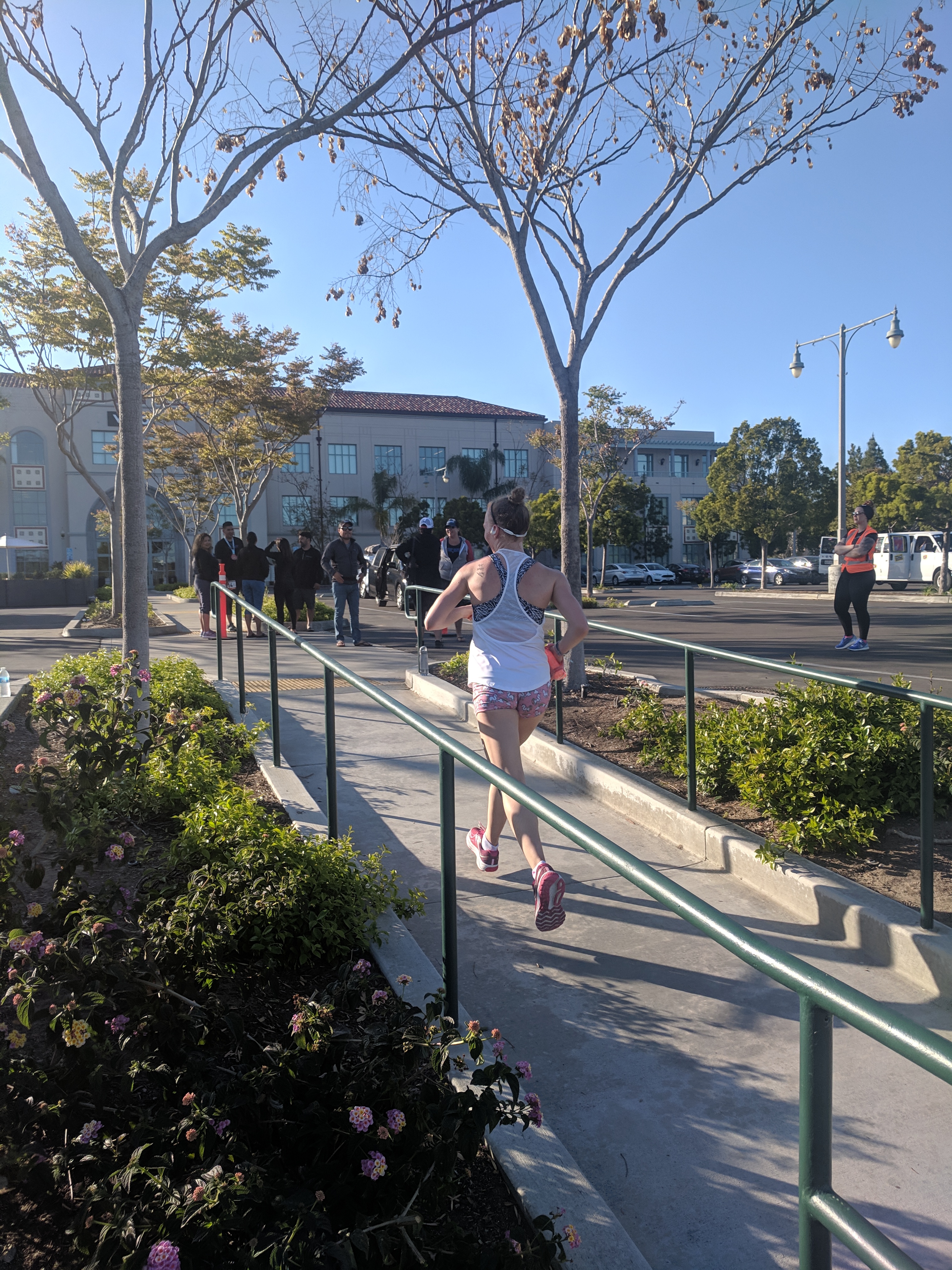Earlier this month we talked about the benefits of aerobic base-building, one of those being training our bodies to spare glycogen by burning fat more efficiently. But why is that so important?
Carbohydrates (which get stored as glycogen) are the easiest fuel source for our bodies to tap into. It’s easy to break down and convert into ATP to be used for energy. But it also gets burned very quickly. After our bodies run out of glycogen, they will switch to burning fat for fuel. But it’s not as easy and our bodies aren’t naturally efficient at it.
Now think about an endurance athlete. You’re running a marathon and you burn through all your carbs quickly. Maybe you don’t fuel properly and then you hit the wall. Your gas tank literally goes to zero and you are completely depleted.
We need to be fueling with carbs to ensure this doesn’t happen. However, if our bodies are more efficient at burning fat, we will have a lot more time before this happens, may have to fuel less, and will just run much happier.
The Fat Burning Zone
Yes, the fat burning zone exists and it is important for runners. We want to keep our heart rates relatively low to be in this zone. This allows our bodies to tap into our fat stores for fuel. Speed up and you’ll switch over to glycogen quickly because the body needs more fuel, faster to keep up.
So if we can increase aerobic capacity and train to run faster at lower heart rate zones, we won’t have to burn as many carbs because our bodies will start with fat and only switch to carbs when our heart rate picks up.

It Takes Time
Understand this doesn’t happen overnight. It takes a lot of training at these low heart rate zones to develop aerobic capacity. Stick with it. Keep the majority of your runs in Zone 2, with 1-2 harder workouts at higher zones (threshold+) the rest of the week.
Stick with it and you will start to see results. If you’re a new runner, the results will be more dramatic and faster. If you’re a seasoned runner, it may take months or even years, but know that the change will come and it will be worth it.
Want a free base-building plan? Get yours here!
Remember: this post is for informational purposes only and may not be the best fit for you and your personal situation. It shall not be construed as medical advice. The information and education provided here is not intended or implied to supplement or replace professional medical treatment, advice, and/or diagnosis. Always check with your own physician or medical professional before trying or implementing any information read here.
Let's spare that glycogen!
Do you focus on your heart rate during your runs? Or are you more focused on looking at pace? Sound off in the comments below!

0 Comments